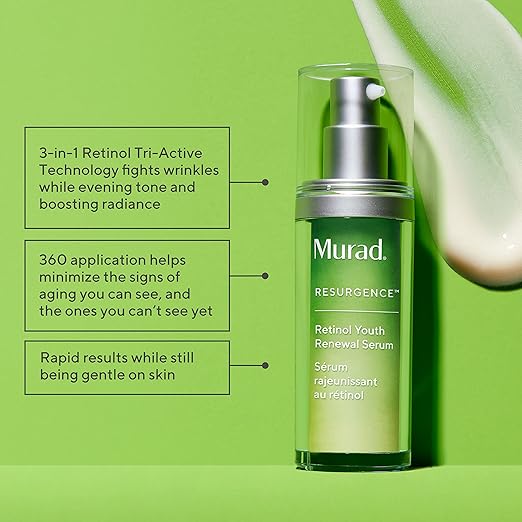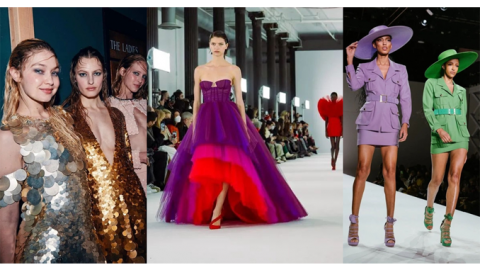-
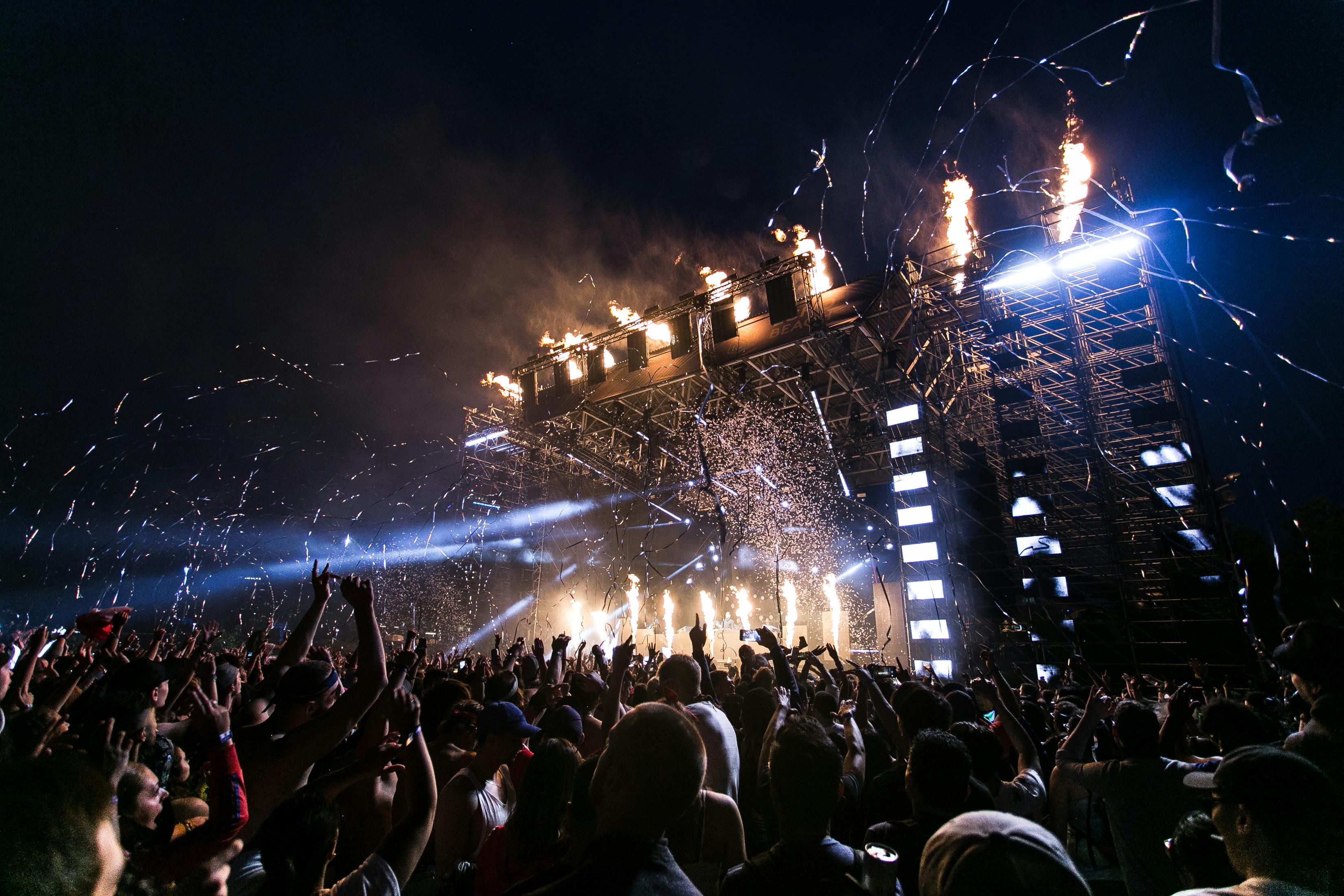 Read time : 5 mins
Read time : 5 minsThese Iconic Concerts Changed Music History Forever
(Photo by Wendi Wei)
Music has an incredible ability to bring people together, break down barriers, and create unforgettable moments. Some concerts do more than just entertain; they shape generations, inspire change, and make history. Picture yourself in a crowd, lights fading, and the first note playing, knowing you are part of something amazing. From the vibrant spirit of rock 'n' roll to emotional performances that sparked social movements, here are 10 legendary concerts that have left a lasting impact on music.
1.Woodstock, August 15-18, 1969 at Bethel, New York, USA
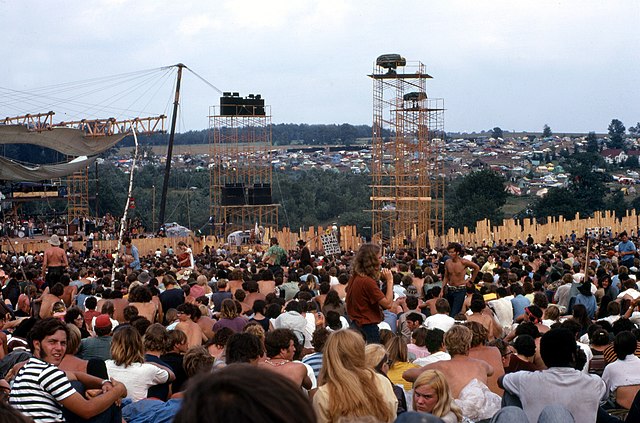
(Wikipedia CC)
Woodstock wasn’t just a concert; it was a cultural milestone. More than 400,000 people gathered on a farm to celebrate peace, love, and music during a challenging time. The festival featured unforgettable performances by artists like Jimi Hendrix, Janis Joplin, and The Who.
During this concert, Hendrix’s powerful version of "The Star-Spangled Banner" became a strong anti-war symbol. Also Woodstock became reprresentation of the counterculture movement and continues to symbolize unity and freedom.
Interesting that Hendrix’s Stratocaster Fender Guitar became famous and iconic after this event. Many performances from Woodstock were later released by Columbia Records, now part of Sony Music.2. The Beatles’ Rooftop Concert, January 30, 1969, at Apple Corps Headquarters, London, UK
The Beatles surprised everyone by performing an unexpected concert on the rooftop of their office. It was their final live performance as a group, drawing crowds into the streets below. Their rendition of “Don’t Let Me Down” marked a bittersweet end to an era. This concert was also featured in the documentary "Let It Be" and more recently in Peter Jackson’s "The Beatles: Get Back."
The Beatles owns company managing their music and films. They redorded many of their classic songs in Abbey Road Studios.3. Live Aid, July 13, 1985, at Wembley Stadium, London and John F. Kennedy Stadium, Philadelphia
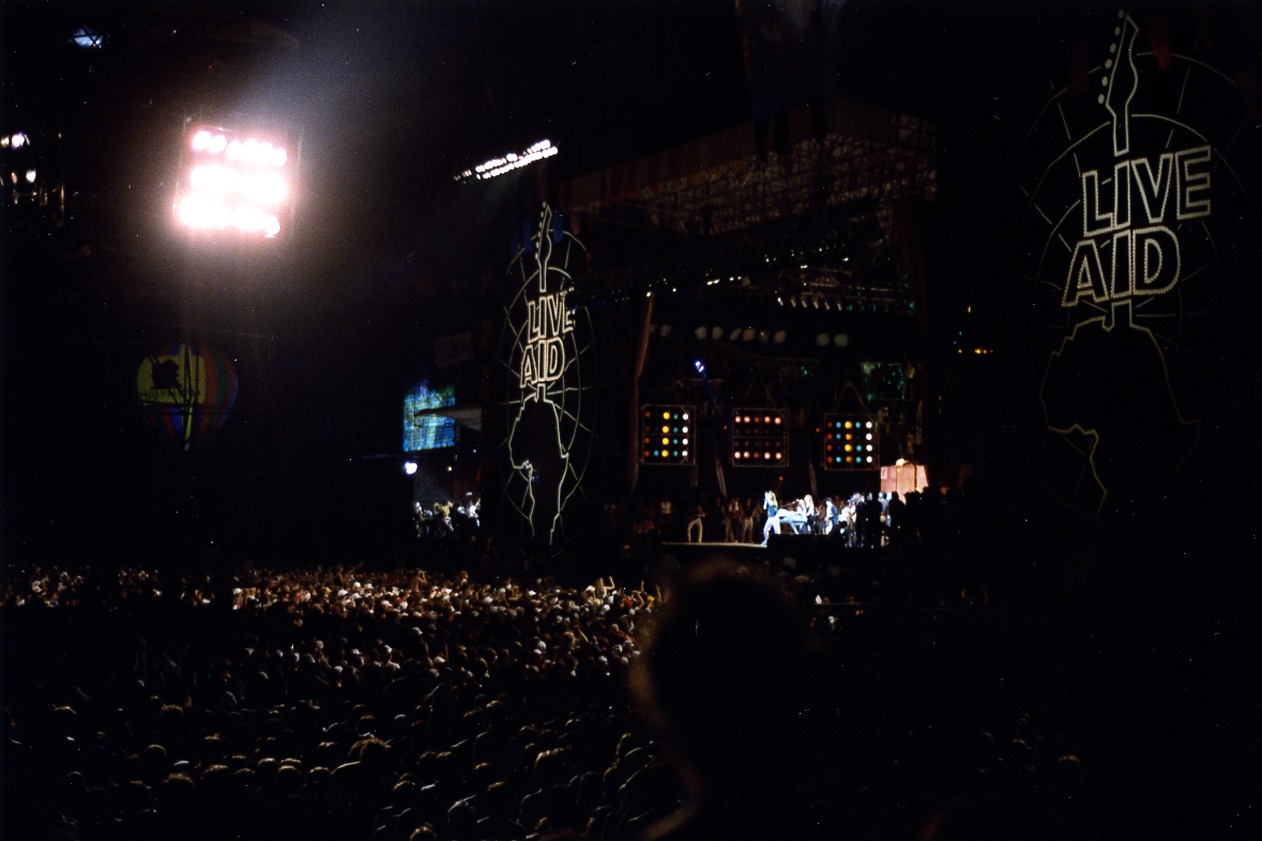
(Wikipedia CC)
Live Aid was more than just a concert; it was a worldwide event. It aimed to raise money for famine relief in Ethiopia and featured some of the biggest names in music, such as Queen, U2, and David Bowie.
Queen’s 20-minute set in this concert, including "Bohemian Rhapsody" and "We Are the Champions," is considered one of the greatest live performances ever. Brian May of Queen, like many of the performers, used Gibson Guitar, a guitar brand that is popular at the time. The concert raised over $125 million and showcased music's ability to drive change. MTV broadcasted this Live Aid concert, making it accessible to millions of people all over the world.4. Nirvana at MTV Unplugged, November 18, 1993 at Sony Music Studios, New York, USA
Nirvana’s acoustic performance on MTV Unplugged was a hauntingly beautiful show. It revealed a different side of grunge music and confirmed Kurt Cobain’s status as a musical legend. There was a forgetful moment, when Nirvana did their cover of "Where Did You Sleep Last Night" and left the audience in silence. This concert demonstrated the emotional power of grunge and is often seen as a farewell to Cobain, who passed away five months later.
5. Michael Jackson’s Dangerous World Tour, October 1, 1992 at Bucharest, Romania and around the world
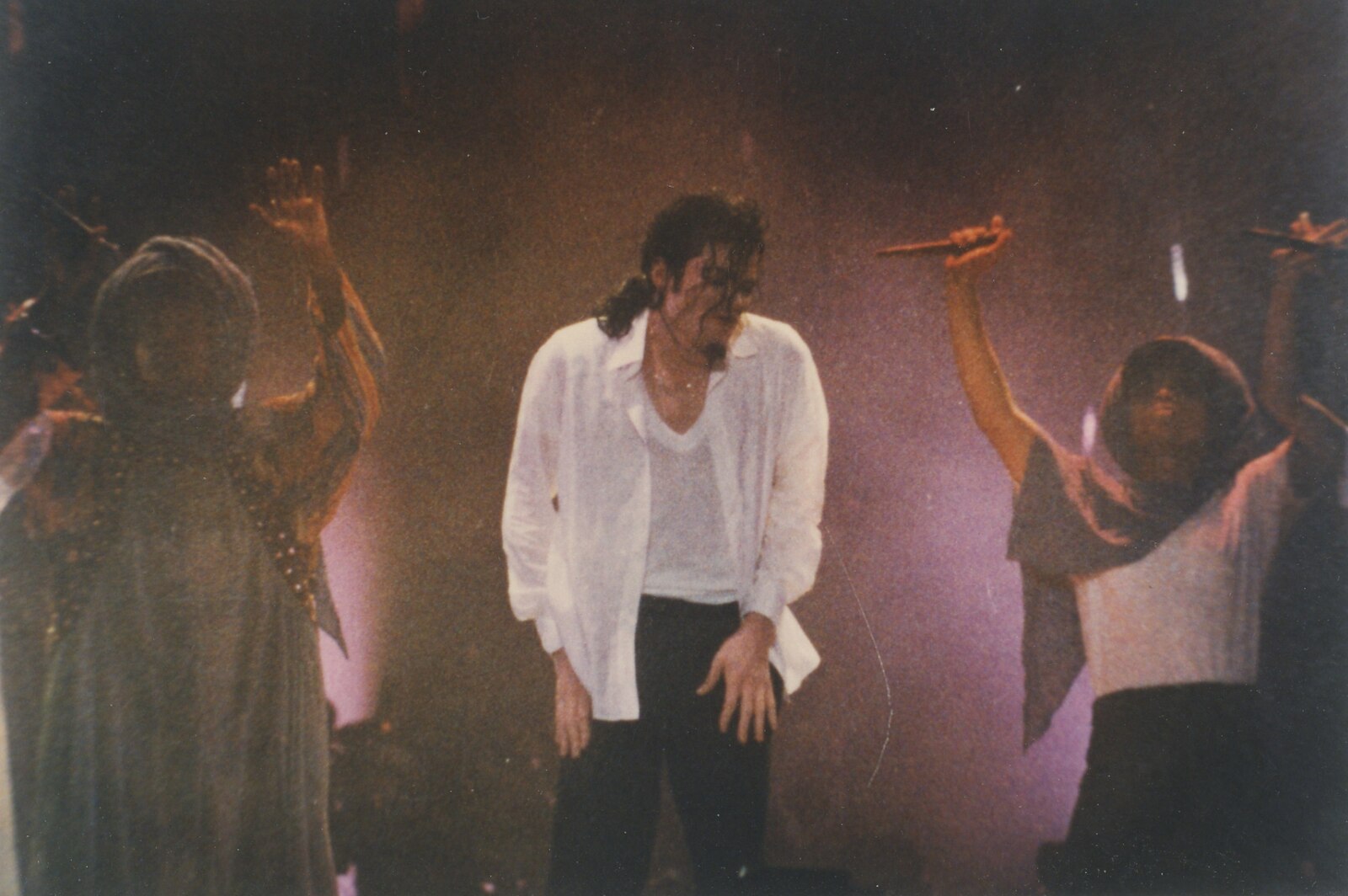
(Wikipedia CC)
Michael Jackson transformed what a concert could be. His Dangerous World Tour was a dazzling display of lights, dance, and unmatched skill. The performance of "Billie Jean," featuring the iconic moonwalk, electrified the audience. Michael Jackson's concerts were more than just shows; they created a sense of unity across different cultures and languages.
6. The Rolling Stones free concert, December 6, 1969 at Altamont, California, often referred to as the "anti-Woodstock."
The event turned chaotic, featuring violent incidents and a tragic stabbing during "Under My Thumb." The performance is remembered as one of rock music's most contentious moments, symbolizing the end of the 1960s counterculture movement. Rolling Stone Magazine reported extensively on the event, emphasizing its cultural importance.
7. Beyoncé headlined the Coachella Valley Music and Arts Festival on April 14, 2018, in an event nicknamed "Beychella."
The performance celebrated Black culture, feminism, and artistic expression, featuring a marching band, impressive visuals, and guest appearances from Destiny's Child, setting a new benchmark for festival performances. The opening act, "Crazy in Love," performed alongside a brass band, initiated an unforgettable evening. Beyoncé distinguished herself as the first Black woman to headline Coachella, and her performance was later featured in the Netflix documentary "Homecoming."
8. Bob Dylan's performance at the Newport Folk Festival on July 25, 1965
This performance marked a significant moment in music history when he took the stage with a Fender Stratocaster electric guitar. This decision outraged folk purists who booed him, yet it forever transformed the landscape of rock music.
The song "Like a Rolling Stone" showcased a pivotal moment in his career. Dylan's daring choice encouraged many artists to explore new musical styles.9. On December 3, 1968, Elvis Presley made his grand return to the stage with a televised special
, reminding everyone of his reign as the King of Rock 'n' Roll.
His heartfelt performance of "If I Can Dream" moved the audience to tears. This comeback not only relaunched Presley's career but also introduced him to a younger audience.SHOP NOW
10. Queen's performance at Live Aid on July 13, 1985
, deserves special mention. Their show redefined live music as Freddie Mercury captivated the crowd, creating a magical atmosphere. The audience's synchronized clapping during "Radio Ga Ga" became one of the concert's most memorable moments. Live Aid demonstrated music's ability to unite people for a noble cause.
These concerts went beyond mere entertainment; they left a lasting impact on the world. They broke barriers, inspired revolutions, and united millions of people. Whether it’s the haunting silence of Kurt Cobain’s last note or the joyous unity of Freddie Mercury leading a stadium, these moments remind us of the profound impact music has on our lives. Next time you’re at a concert, take a moment to soak it all in. You never know—you might just be witnessing history in the making.
You might like
These Iconic Concerts Changed Music History Forever
WORLD NEWS
Make Money
The Best Online Platforms for FreelancersFriday, January 3, 2025 - 21:30How To Easily Make Money Taking Online SurveysMonday, March 2, 2020 - 04:31The Importance of Financial LiteracySunday, March 1, 2020 - 03:35These are 5 Easiest Ways to Make Money OnlineSunday, March 1, 2020 - 03:30Fashion
Wednesday, March 1, 2023 - 03:30As the fashion industry constantly evolves, each year brings its own set of trends and influences. Let's explore the key differences ...INSPIRATION
amz-002
Detox Your Body
Friday, March 6, 2020 - 13:40Detox drinks have gained popularity in recent years as people seek ways to cleanse their bodies and support their weight loss journey.amz-001
Paserba - Life Inspiration, Health, Wealth and Quality Lifestyle
Recent posts
American Airlines Flight 5342 Collides with Helicopter Over Potomac River; Search and Rescue Operations IntensifyFriday, January 31, 2025 - 01:01DeepSeek's Rapid Rise: A New Contender in the AI IndustryMonday, January 27, 2025 - 20:01Why HIV Has No Cure Yet: The Science Behind the StruggleTuesday, January 14, 2025 - 12:31Choosing the Right Baby Car Seat: What You Need to KnowThursday, January 9, 2025 - 13:45How I Dropped Pounds Without Starving or OvertrainingWednesday, January 8, 2025 - 11:23
Tags



